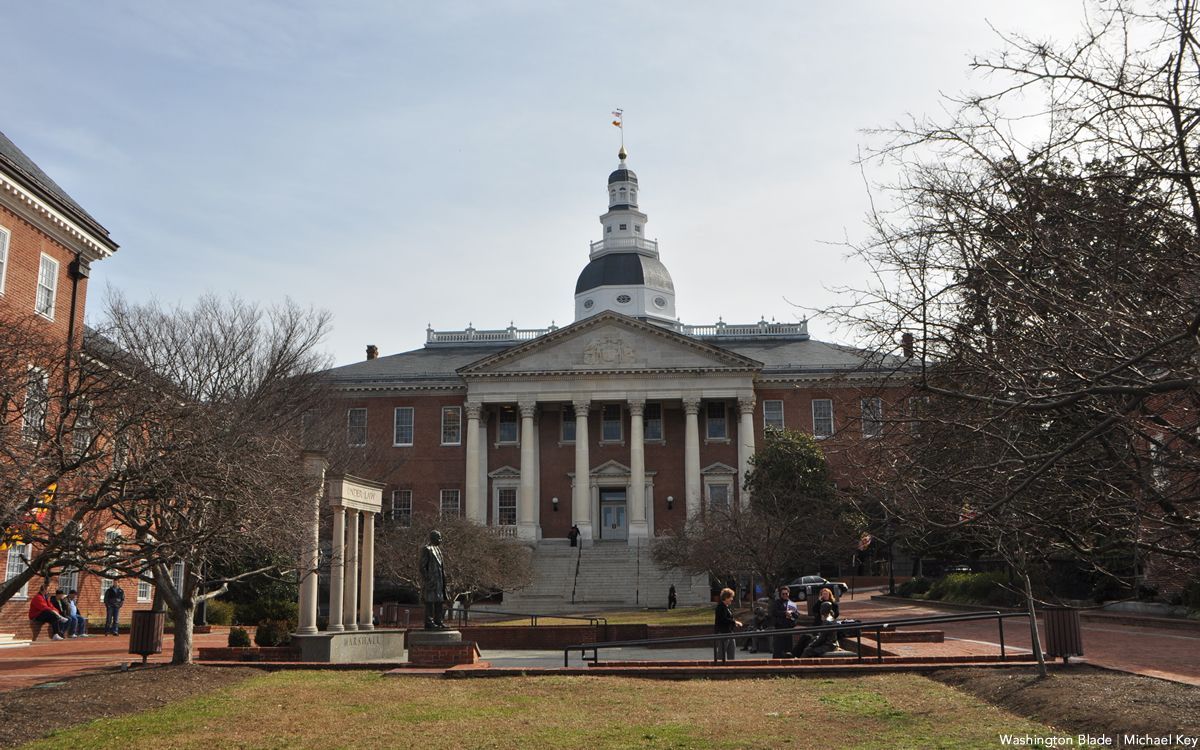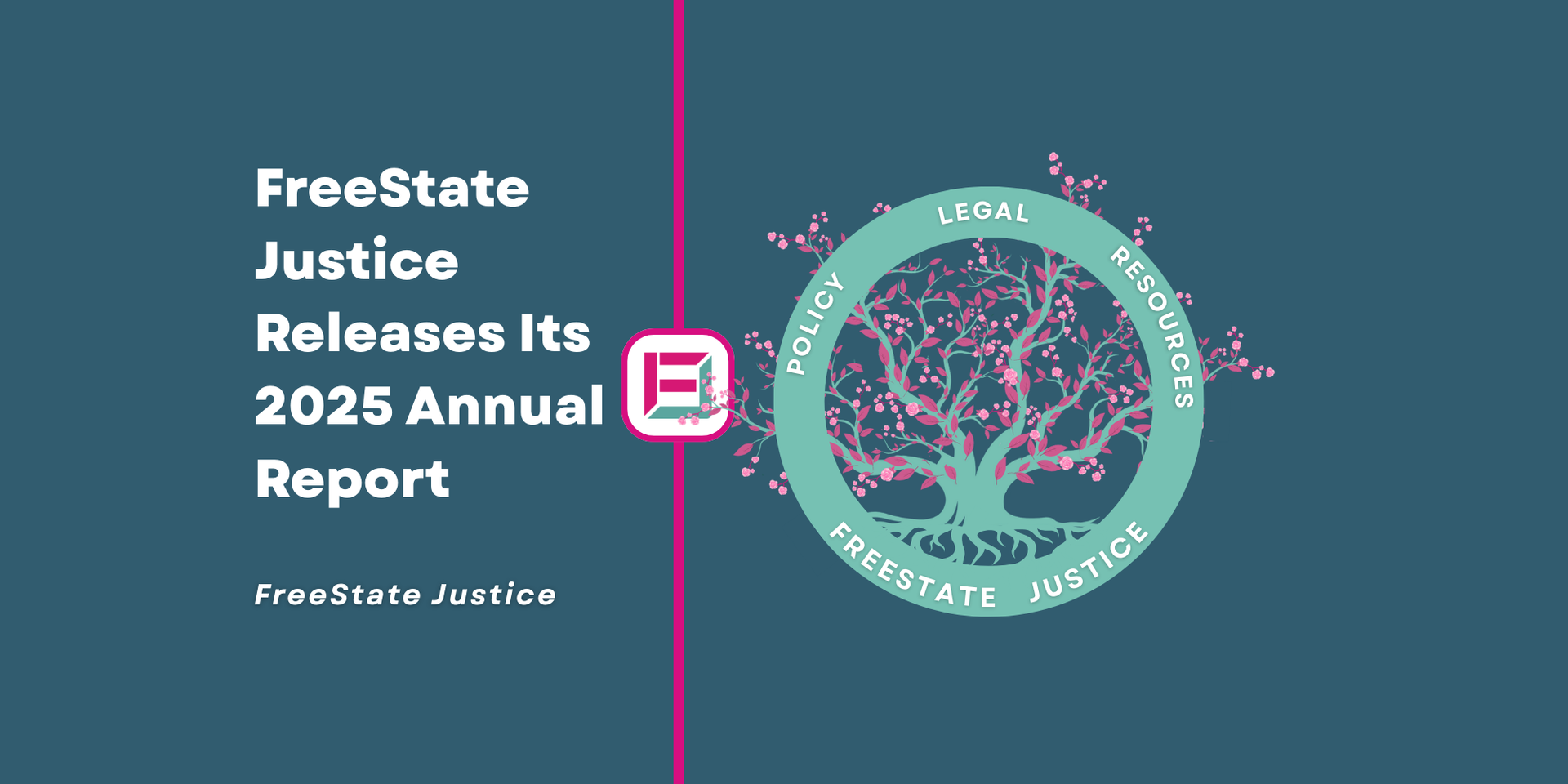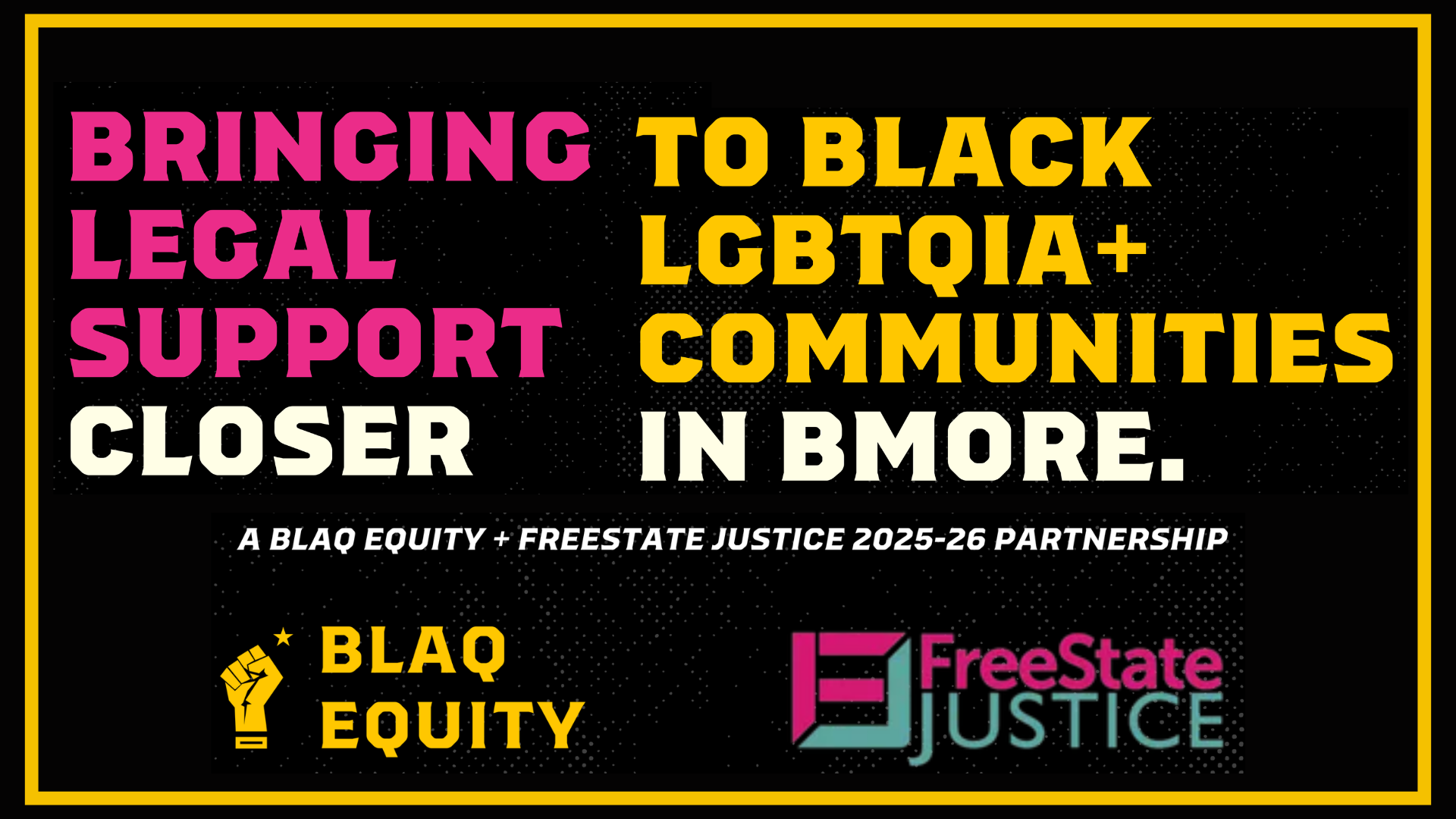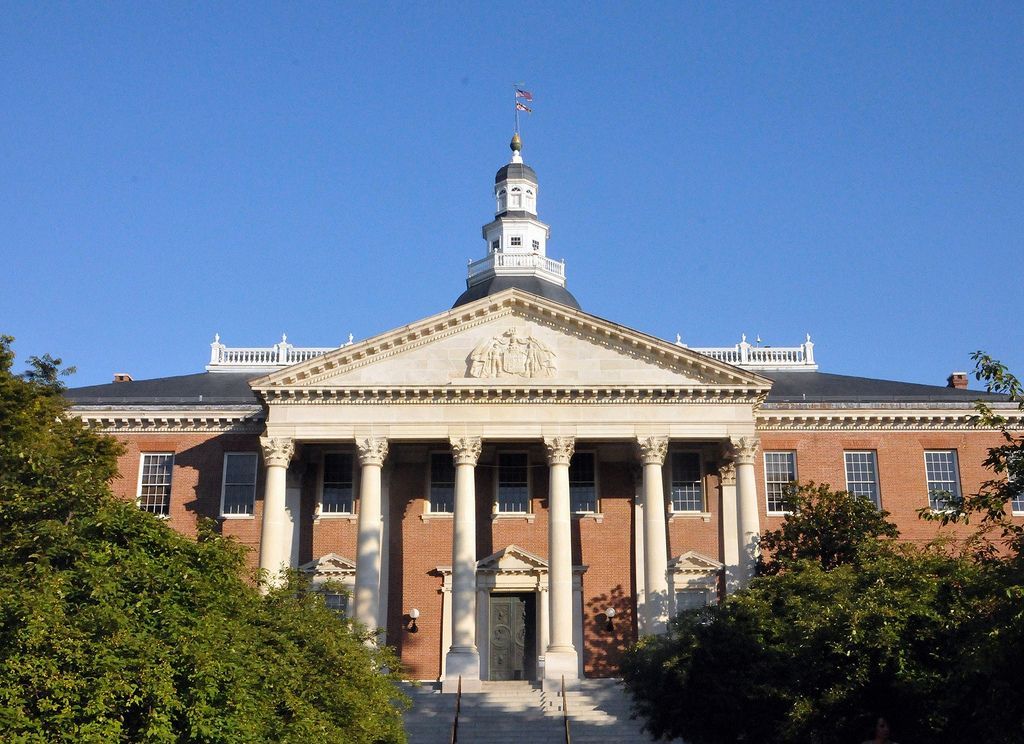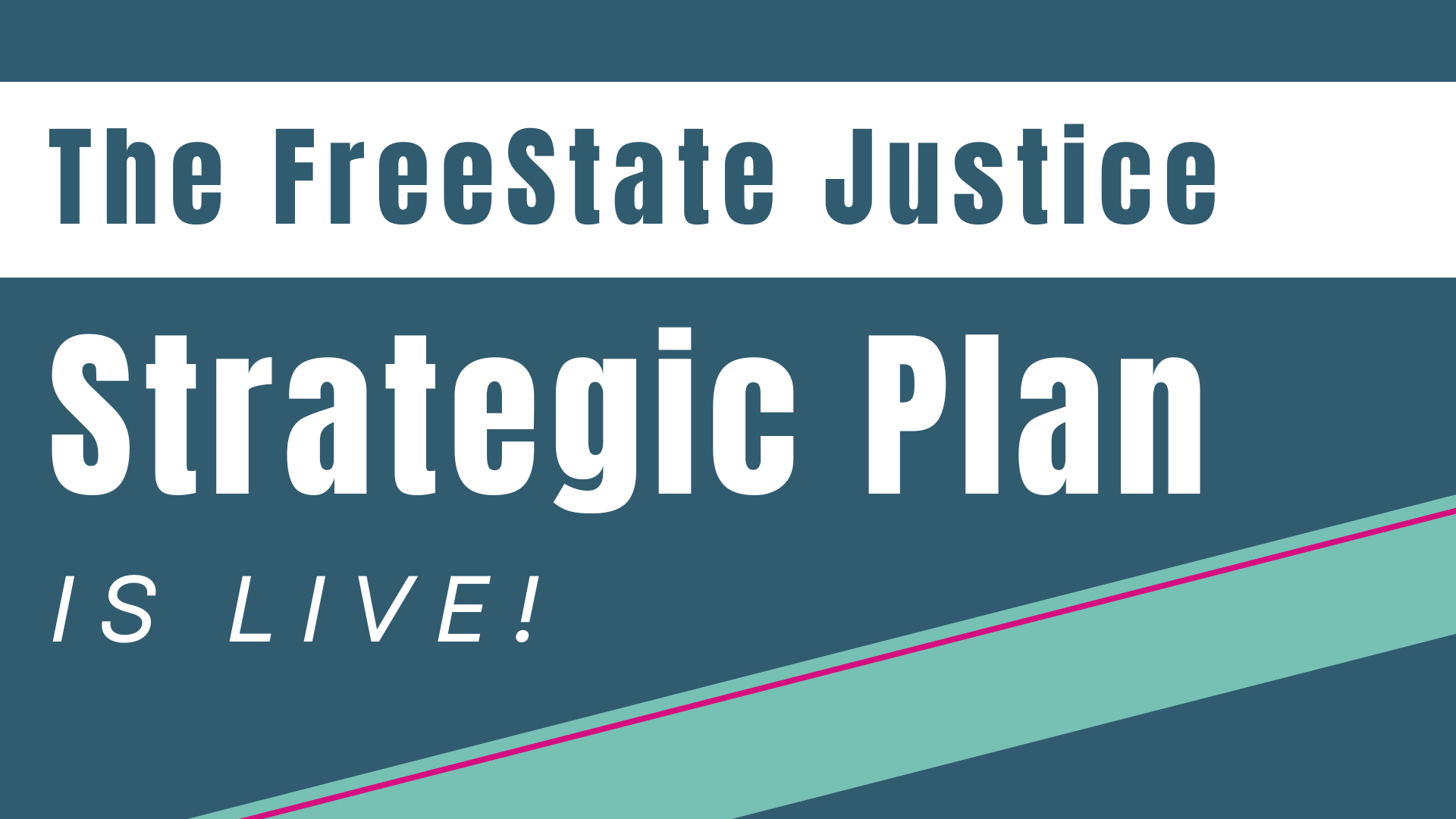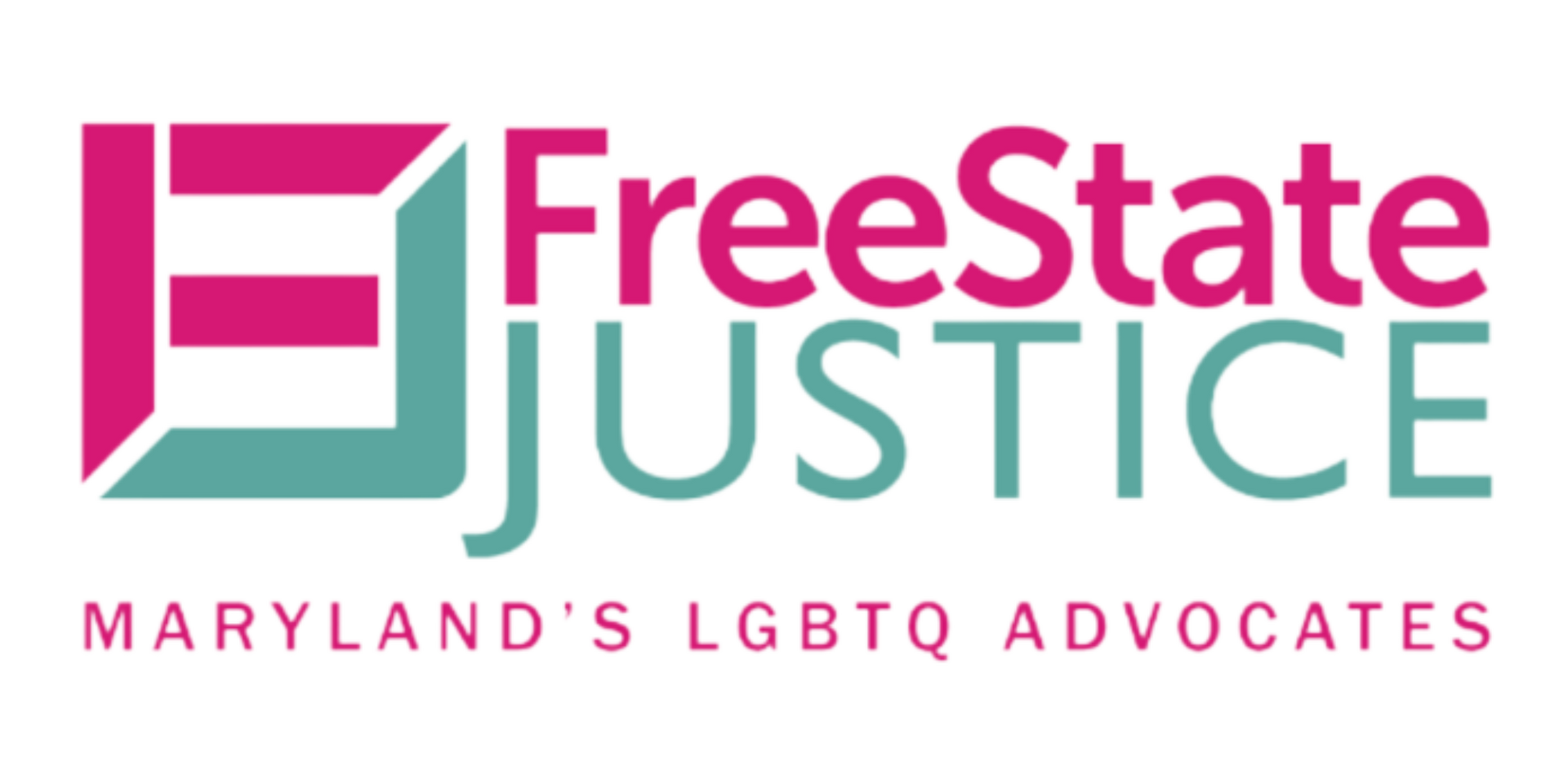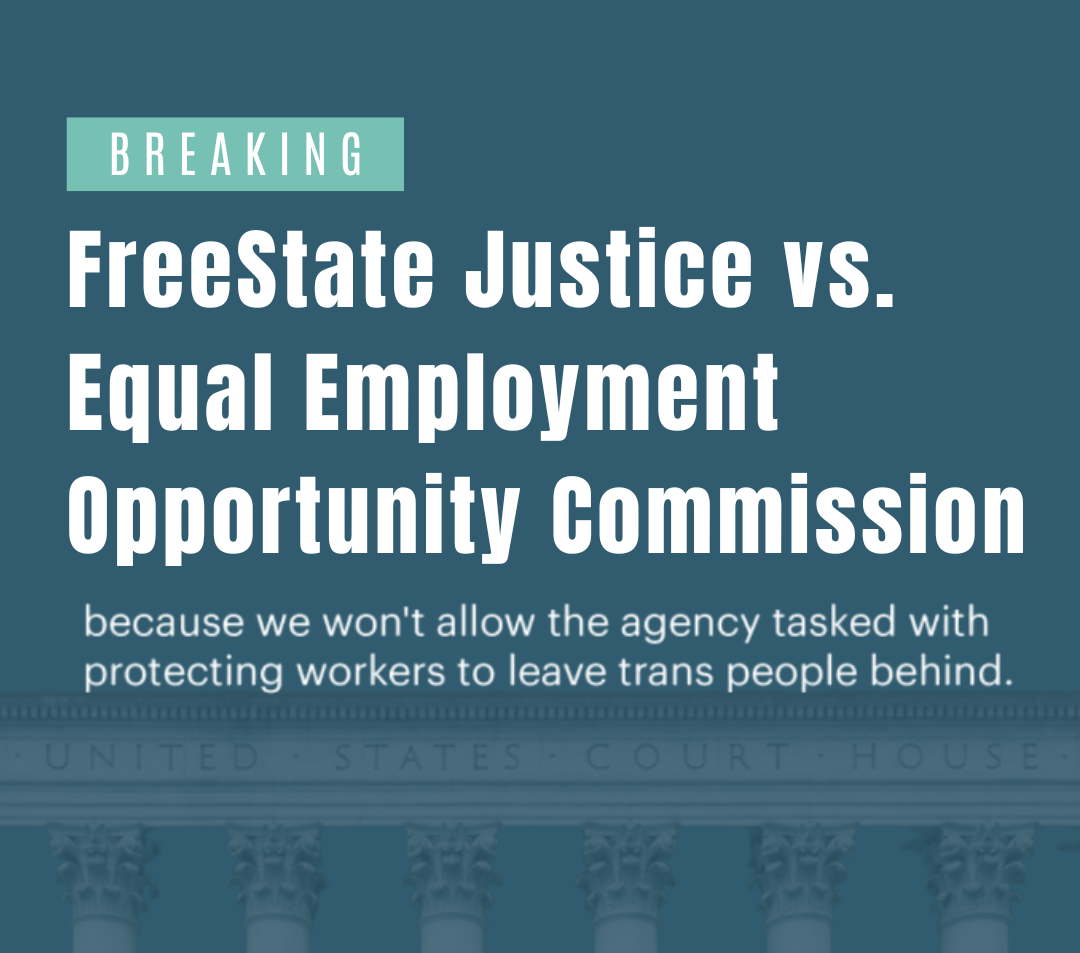Affirming Education: FreeState’s Look Back on the 2024 Legislative Session
This post is part of a series providing in-depth and accessible breakdowns of Free State Justice’s various policy accomplishments over the past 2024 Legislative Session within the Maryland General Assembly. For more posts like this, check out Free State’s 2024 Legislative Session Reflection Series.
2024 has been quite eventful for LGBTQ+ Marylanders. Free State Justice and its various coalition partners were deeply involved in advocacy regarding multiple bills affecting LGBTQ+ Marylanders that will impact their well-being for decades to come. One policy area that saw tremendous progress within the past session was education.
This year, through the contributions of Free State Justice and many other coalition partners, the Maryland General Assembly passed the Freedom to Read Act (HB785/SB738). Among other things, this law dictates that all libraries within the State of Maryland will not be able to remove any piece of media (such as books, magazines, and digital materials) from their physical and digital catalogs simply because of the identity/background of the creator. The Act also raises fines for those who damage or ‘misplace’ controversial texts after checking them out, as this was proven to be a tactic by individuals to ensure nobody else could check these out.
This crucial piece of legislation comes when we as a state and nation are experiencing a wave of attacks on the education system and freedom of expression. In particular, a multitude of individuals and organizations have initiated campaigns to remove certain aspects of school curriculum and make specific materials within schools and libraries inaccessible to the public. According to the Maryland State Library Agency, by the time of this Act’s passage, Maryland’s libraries had experienced a 133% increase in formal challenges to works within their collections and a 263% increase in informal challenges since 2019. Many of these were attempts by individuals to make (often baseless) objections to the inclusion of particular works within a library. Notably, many of the subjects of these attacks are works that are either written by LGBTQ+ authors or involve LGBTQ+ characters or topics - as well as many revolving around the histories and experiences of other marginalized groups, such as Black people, Indigenous people, and other people of color.
As such, before the passage of this act, there was still so much ambiguity around whether Maryland’s libraries and media centers would begin to remove diverse and LGBTQ+-affirming materials from their collections or even fire librarians and media specialists who refused to do so. Under growing pressure from a small but vocal minority of those with a discriminatory agenda, it began to look like Maryland was completely unprepared against this assault on people’s ability to access the information and entertainment they desired.
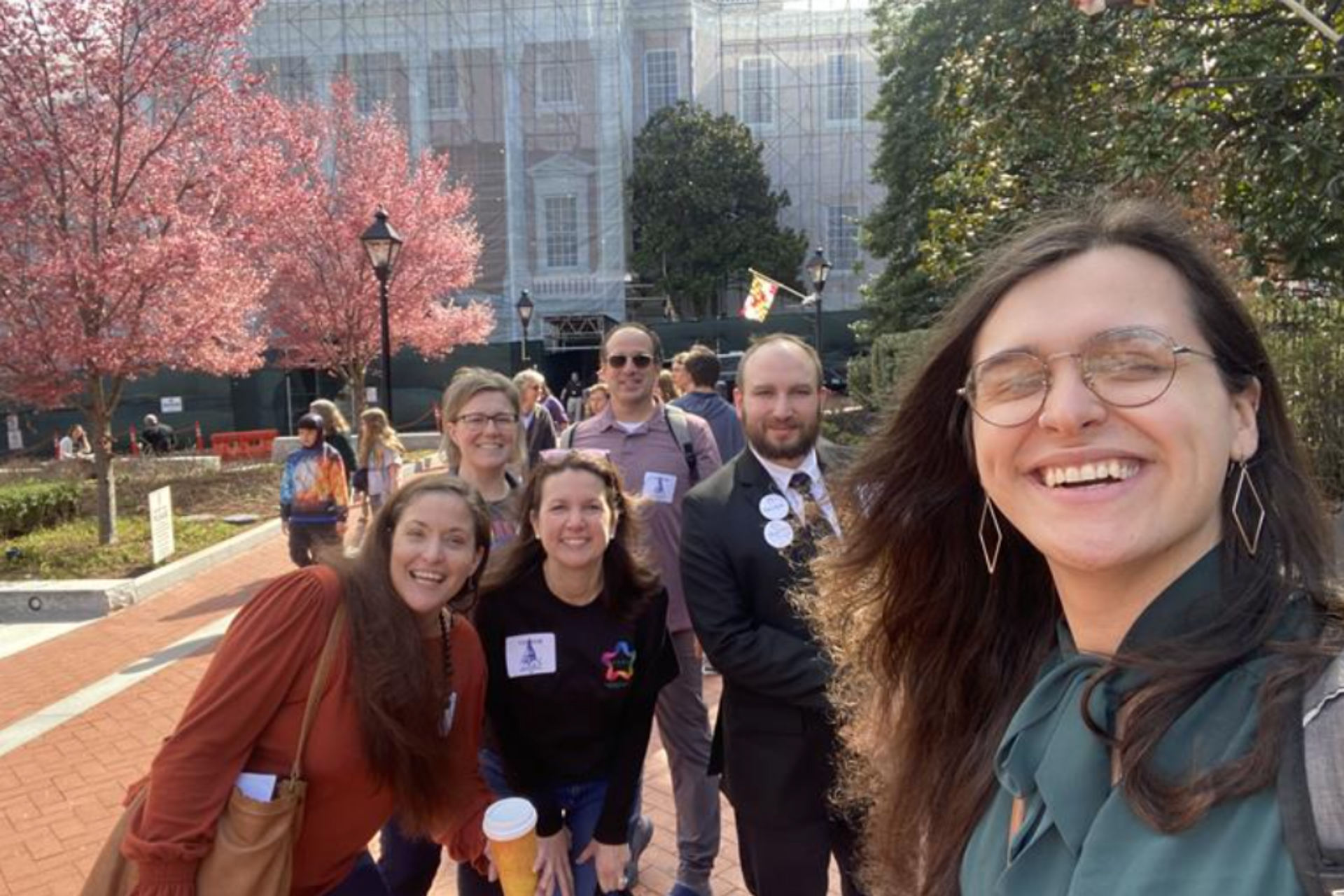
New Paragraph
